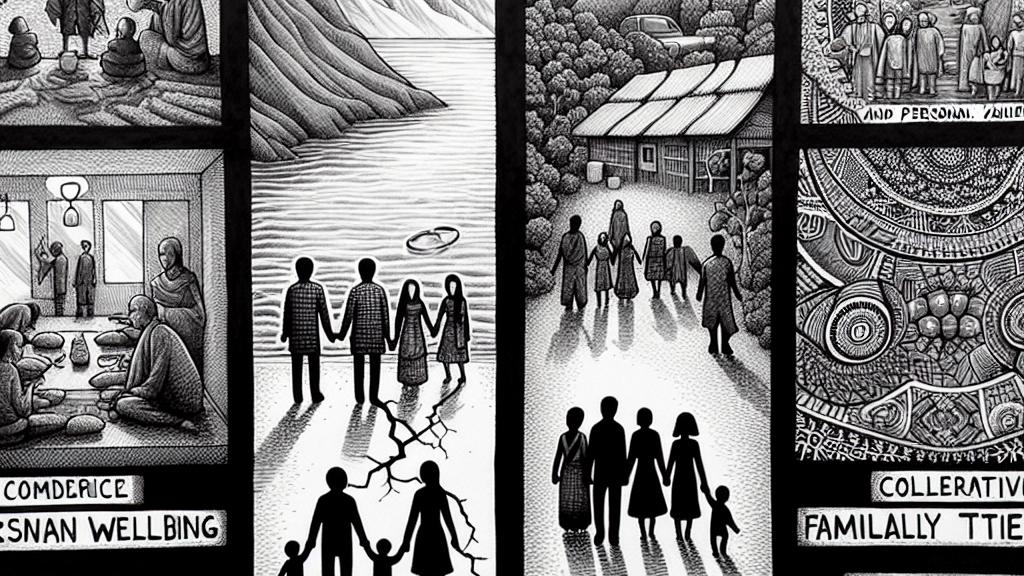How Personal and Cultural Values Can Influence Divorce Rates
Overview
- Divorce rates are deeply intertwined with cultural values, reflecting societal attitudes.
- Personal values significantly affect marriage stability and decisions.
- Understanding these dynamics can lead to more effective marriage counseling strategies.

The Intricate Connection Between Values and Divorce Rates
Divorce is a multifaceted issue that many couples confront, particularly in countries like the United States, where the rates are notably high. What’s fascinating is how this trend connects to cultural and personal values—two powerful forces that guide our lives. For instance, a study from Hebrew University emphasizes that in cultures that venerate individualism and personal freedom, like the U.S., divorce tends to be more justifiable and frequent. Imagine a person with a strong desire for adventure and self-fulfillment feeling trapped in a traditional marriage; this internal conflict often leads to the decision to divorce. On the contrary, in cultures that celebrate collective well-being and familial ties, such as in many parts of Asia or Africa, people are often encouraged to work through marital issues to maintain family harmony. This contrast reveals just how deeply rooted cultural values can shape our choices regarding marriage and its potential dissolution.
Personal Values: The Heart of Marital Dynamics
Delving deeper into personal values, we find they are equally critical in shaping marital stability. Picture two partners: one craves spontaneity and new experiences, while the other finds solace in structure and routine. In many cases, individuals who lean towards excitement and independence might interpret conflicts through the lens of personal dissatisfaction, thus considering divorce as a viable solution. Statistically, those who prioritize personal enjoyment and autonomy are more inclined to break from a marriage that doesn’t fulfill their desires. Meanwhile, partners who value loyalty, tradition, and social harmony may navigate disagreements with empathy and understanding, choosing to resolve conflicts rather than escape them. This stark dichotomy highlights the vital importance of recognizing personal values not just as individual preferences but as the very foundation on which a relationship is built.
Transforming Insights into Action: The Role of Effective Marriage Counseling
So how do these insights converge in the world of marriage counseling? By comprehending the manifold ways cultural and personal values interact, counselors can tailor their approaches to better serve couples. For instance, for a couple hailing from a culture that champions individual rights, a counselor might focus on facilitating open conversations about hopes and dreams, ensuring both partners can express themselves freely without fear of judgment. Engaging activities might include role-playing exercises where each partner articulates their needs, fostering deeper understanding. Alternatively, a couple rooted in tradition might benefit from discussions centered on shared values and long-term commitments, helping them see the beauty in working through challenges together. By weaving these insights into counseling practices, professionals can not only assist couples in navigating current issues but also empower individuals to identify and articulate the values they seek in future relationships. In essence, these strategies pave the way for healthier marriages grounded in mutual respect and appreciation, allowing couples to flourish in an ever-evolving world.

Loading...